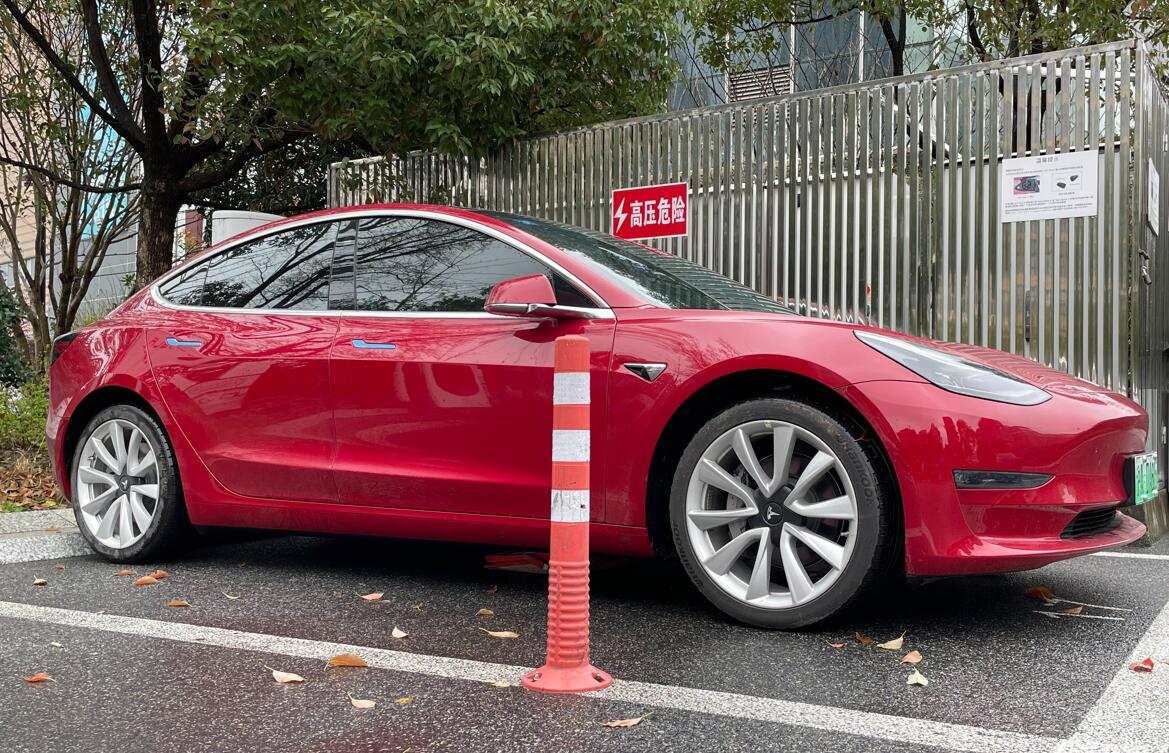Tesla CEO Elon Musk tweeted on Friday that he would prefer lithium iron phosphate (LFP) batteries because they can be charged to 100 percent, while ternary batteries are only recommended to be charged to 90 percent.
Recently, US users who reserved Tesla Model 3 Standard Range Plus received an email that said if they wanted to get the car early, they could choose a version with the same battery as some European and Asian models.
The email did not explicitly mention lithium iron phosphate batteries, only that they have a range of 253 miles.
Media reports said there is a model with lithium iron phosphate batteries with a range of 253 miles available in the US, less than the one previously available with a range of 263 miles.
Musk tweeted while explaining the differences:
Our intent with this pack is that product experience is roughly equivalent between nickel & iron.
I'd personally slightly opt for iron pack, as it wants to be charged to 100 percent, whereas nickel prefers ~90 percent.
Our intent with this pack is that product experience is roughly equivalent between nickel & iron.
I'd personally slightly opt for iron pack, as it wants to be charged to 100%, whereas nickel prefers ~90%.
— Elon Musk (@elonmusk) August 26, 2021
In China, CATL supplies lithium iron phosphate batteries to Tesla's entry-level models.
Lithium iron phosphate batteries are lithium-ion batteries with lithium iron phosphate as the cathode material. This type of battery is characterized by the absence of precious metal elements, so the cost of raw materials is lower.
In actual use, lithium iron phosphate batteries have the advantages of high-temperature resistance, high safety stability, low price and better cycling performance.
Tesla proposes to charge the new standard range upgrade Model 3 with lithium iron phosphate batteries without regard to charging limits, full until, according to Tesla Customer Support released by Weibo.
Musk said in the recent second-quarter earnings call, Tesla will gradually shift to the use of lithium iron phosphate battery solution in the future, two-thirds of the future Tesla battery will use lithium iron phosphate, and one-third may use ternary batteries.

(Photo source: Tesla)



